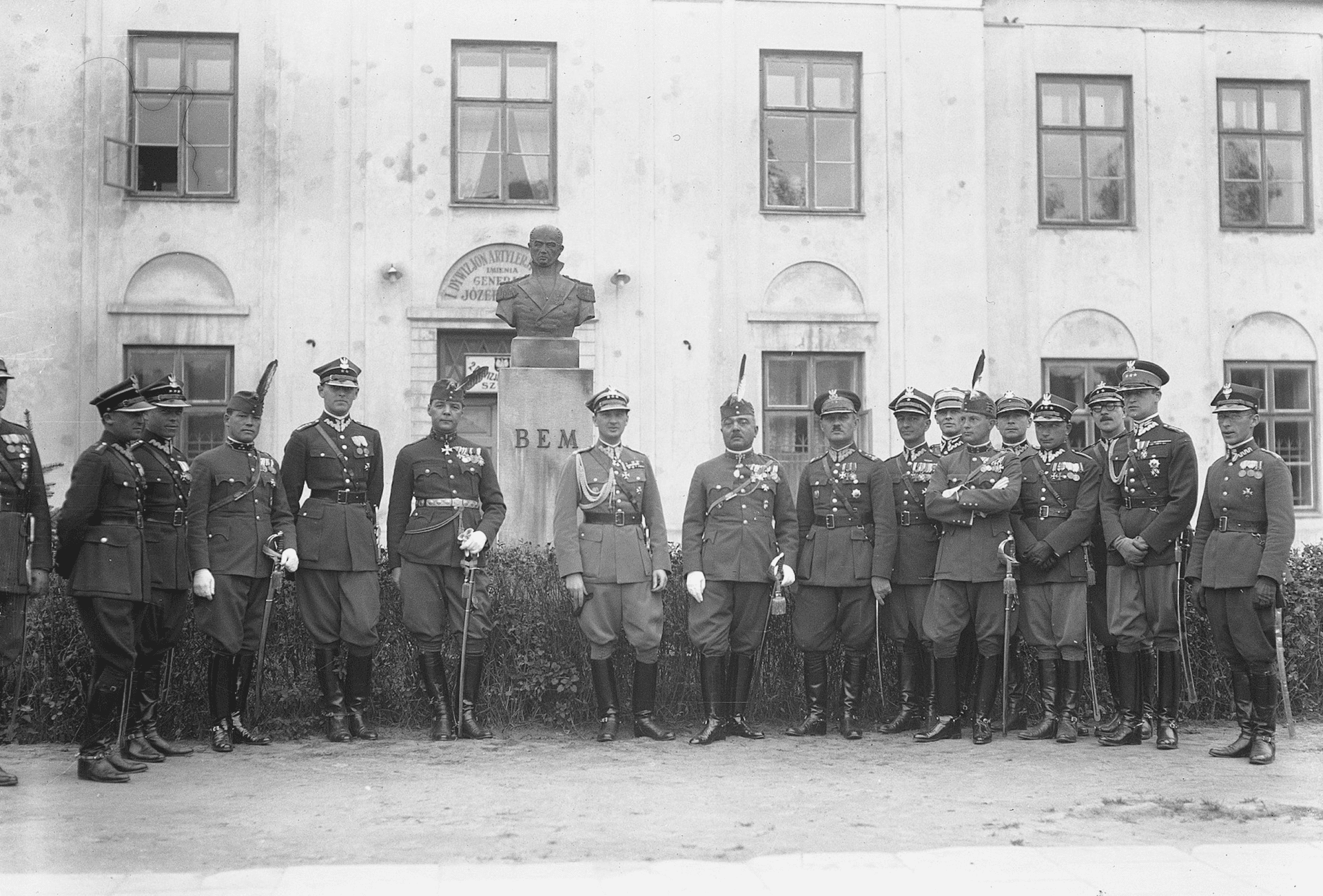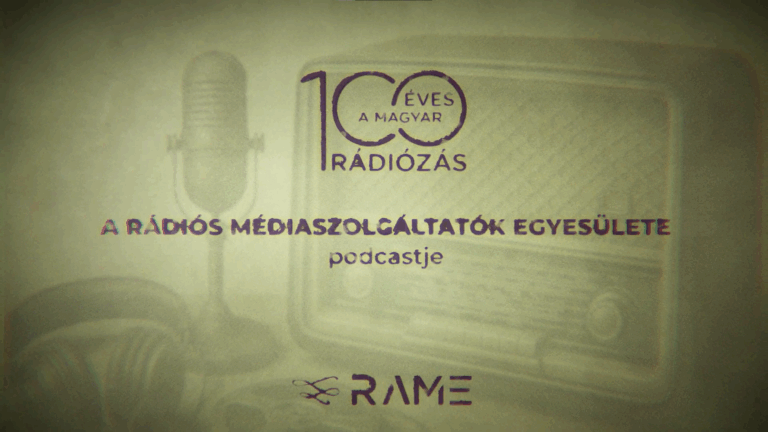Recently my wife and I were in a taxi in Budapest en route home from the famous Széchenyi Baths. As is often the case, my limited Hungarian led me to discuss my Polish heritage and citizenship, as well as the expression known to virtually all Hungarians and Poles, roughly translated as ‘The Pole, the Hungarian, two brothers be. Together they raise swords and raise glasses.’ The close relationship between the two countries is well-known. In fact, that relationship is ultimately what brought me to Budapest. No two European countries can claim such a level of historic friendship.
Yet, our taxi driver raised a painful consideration: maybe that relationship is irreparably strained, a result of differing priorities over the ongoing war in Ukraine. ‘[T]he situation in Ukraine is rapidly driving a wedge between them,’ wrote Cordelia Buchanan Ponczek of the Center for European Policy Analysis. Western journalists have gleefully salivated over the idea of two of their least favourite governments drawing more distant. One recently proclaimed ‘the end of the affair.’ In July, Polish Prime Minister Mateusz Morawiecki himself stated the countries’ paths have ‘diverged.’
The countries continue to have numerous common priorities, including family prioritisation and frequent disagreement with Brussels
Nonetheless, the countries continue to have numerous common priorities, including family prioritisation, opposition to forced migrant distribution, and frequent disagreement with Brussels. Even if our driver’s worst fears were realised, this would not be the first time in the preceding century in which the historic Polish-Hungarian relationship endured a difficult test. Desperate to regain at least some of its territory wrongfully stolen after World War I, Hungary walked a tightrope with Hitler through most of the next world war, a reality that complicated the country’s relationship with Poland. While Hungary accepted hundreds of thousands of Polish refugees, Hungarian rival Romania proved the friendly destination country for most of the Polish military and political figures aiming to fight another day.
Yet, the relationship endured. The two countries suffered similar communist takeovers in broad daylight during the late 1940s, and both had to endure a period of high Stalinism. The 1956 worker uprising in Poznań preceded the more famous and temporarily more successful version in Budapest. Later communism and economic transition, for all their important differences, proved ultimately uniting factors. More than thirty years after the transition, both countries face similar political ire from Brussels.
Though currently strained in ways that are unique in recent decades, this deep relationship will endure. After all, the Visegrád Group’s history dates to the 1330s. It has seen a Putin or two, a few czars and dictators who proved even worse. Of course, the longstanding relationship is a major reason this alliance will persist, but another one is arguably more important—both countries are behaving rationally, in ways that ultimately reaffirm their unique cultural heritage.
For all their important uniting factors, the Hungarians and the Poles have very different geopolitical realities. Physical geography is probably most important. Neither country enjoyed control of its borders in the postwar conferences that created modern Europe, but the Poles, to their great benefit, received access to the sea. Against the protestations of many parties in Europe and abroad, Poland constructed a significant liquefied natural gas terminal in Świnoujście, a move that now seems especially prescient. Hungary’s last connection to the sea was definitively lost after World War I.
The Poles have a physical border with Russia, an almost innate memory of Muscovite treachery, and significant natural gas availability. Hungary will need to import virtually all the gas required to keep its people warm this winter. In 2020, net imports represented over 56 per cent of Hungary’s gross available energy supply; nearly all of its natural gas supply was imported. No one has offered a feasible short-term replacement for Russian energy. By comparison, Poland’s 2020 net imports represented less than half (42 per cent) of its energy supply, and the country produced almost 20 per cent of its own natural gas, while concurrently able to import it via Świnoujście.
Furthermore, historical enemies have differed between these allies. Germany has meddled in both countries, to be sure. Yet, the great, traditional enemy diverges among those considering recent history in Budapest and Warsaw. With centuries of supporting evidence, both left-wing and right-wing figures in Poland distrust and dislike Russia. Turkey, a significant player in Hungary’s last half-millennium, plays a very dissimilar role among Warsaw policymakers.
Hungary and Poland have a longstanding will to survive and an understanding that help from powerful allies might be illusive
Then there are the bilaterally unifying wounds of the last century, which are still very fresh in this part of the world, fresh in a way that would be difficult for many foreigners to appreciate. After Nazi Germany and the Soviet Union divided Poland between themselves and invaded in 1939, the Soviets received no punishment from the West. Yalta is still a name excoriated in Central Europe, Budapest and Warsaw both (among many other places). While the Home Army rose up in Warsaw in 1944, the Soviets waited on the opposite bank of the Vistula for the German and Polish forces to crush one another. When the Hungarians offered arguably the fiercest resistance against communist rule in 1956, the West chose not to intervene. Irrespective of what happens in 2022, Hungary and Poland have a longstanding will to survive and an understanding that help from powerful allies might be illusive.
Therefore, let us not exaggerate strains between Budapest and Warsaw. Katalin Novák, Hungary’s new president, tapped Warsaw for her first international visit in May. ‘It is important that the new president of Hungary is coming to Poland with her first visit. We must think about the future, we must be aware that Hungary is an important partner of Poland in the European Union and has often supported our country,’ said Paweł Sałek, a former Polish government minister and current adviser to President Andrzej Duda.
Close future cooperation remains certain. Since 2007, the countries have commemorated the Day of Polish-Hungarian Friendship every March 23. They are collaborating on a high-speed rail network that will shorten the time between Budapest and Warsaw to just a fraction of the current 11 hours. The V4 Battlegroup continues to keep the allies militarily close, as does the 2 per cent of GDP military expenditure that both have vowed to meet or exceed. The countries are significant trade partners, and trade within the region continues to grow. Poland is Hungary’s fourth-largest source of imports and eighth-largest export destination. Finally, persistent criticism from Brussels will necessitate a continuation of brotherly relations, exemplified by the recent announcement that the two countries will create an institute of comparative law to assess legal double standards throughout the EU. A meaningful long-term wedge between Budapest and Warsaw is unrealistic.
Any wounds already seem to be healing. Earlier this month, Prime Minister Morawiecki proclaimed that, while Ukraine policy had caused division, ‘A lot unites us with Hungary, a very great deal. Hungary is—together with Czechia and Slovakia—our closest ally in the European Union. Our Hungarian friends see well how to conduct politics in Brussels.’
These Central European brothers find themselves amid the type of calamity inevitable in all bilateral relationships. Yet, history, geography, politics, and economics all ensure they will continue to raise glasses together, as they have for centuries.








